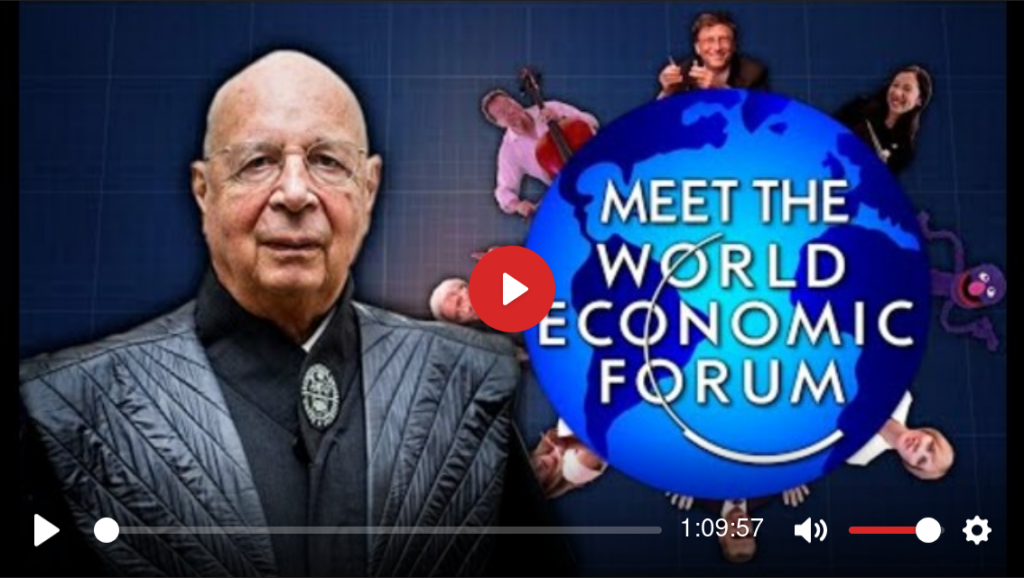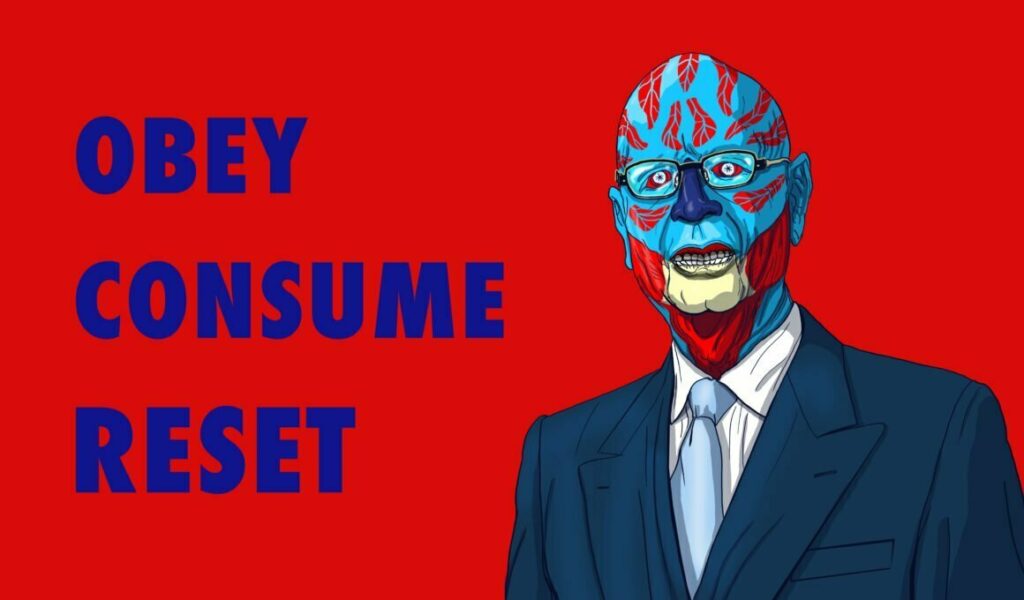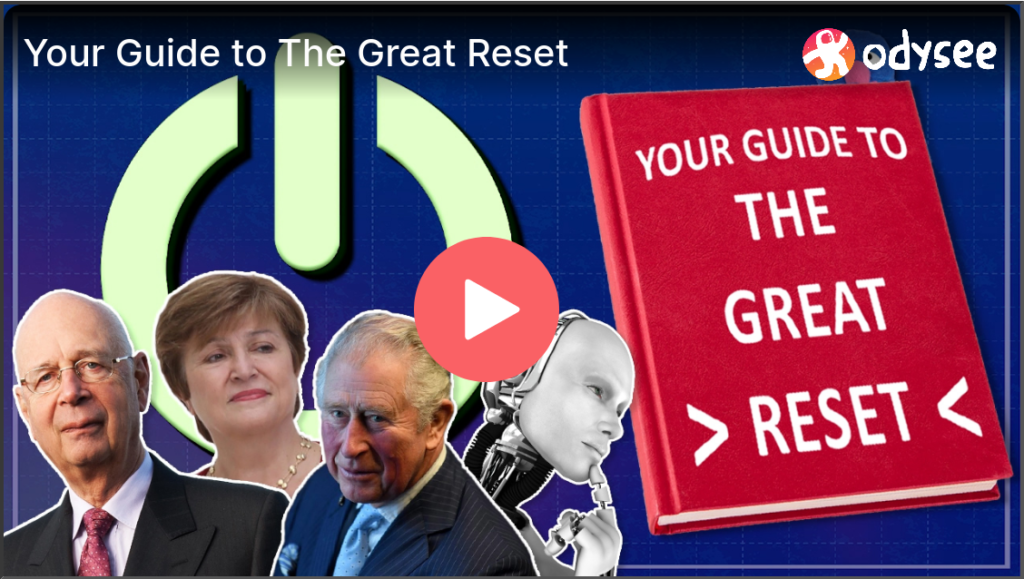
Meet Bill Gates

There can be no doubt that Bill Gates has worn many hats on his remarkable journey from his early life as the privileged son of a Seattle-area power couple to his current status as one of the richest and most influential people on the planet. But, as we have seen in our exploration of Gates’ rise as unelected global health czar and population control advocate, the question of who Bill Gates really is is no mere philosophical pursuit. Today we will attempt to answer that question as we examine the motives, the ideology, and the connections of this man who has been so instrumental in shaping the post-coronavirus world.
Read and watch
Who Is Bill Gates? (Full Documentary, 2020)

•
Just in time for #ExposeBillGates Global Day of Action, The Corbett Report is releasing the full Who Is Bill Gates? documentary in a single upload. Please help to spread the word about this documentary, including the audio and video downloads and hyperlinked transcript at corbettreport.com/gates
Why We Must #ExposeBillGates
Schwab Family Values
Is the real Klaus Schwab a kindly old uncle figure wishing to do good for humanity, or is he really the son of a Nazi collaborator who used slave labour and aided Nazi efforts to obtain the first atomic bomb? Johnny Vedmore investigates.
Read full article
more article/videos related to Klaus Schwab
Meet the Duke of Davos
COLOGNY, Switzerland (Fortune) — I was born in 1938 in Germany, but I was very fortunate. My father was the managing director of a Swiss machinery company, and during the war I spent time in Switzerland.
After the war I became active in efforts to bring French and German youth together. In 1969, after two Ph.D.s and a year at Harvard’s Kennedy School, I started writing a book about American management.
I said that in order to achieve long-term growth and prosperity, management must serve all stakeholders. The idea of the first Davos symposium was to create a platform that would allow stakeholders to exchange concerns and knowledge.
How I got started
Bet big. [In order to fund Davos] in 1970 I took a 50,000 Swiss franc ($11,434) loan from a German industrialist. The condition was either to pay him back or join his company, so I was nervous.
We sent out invitations with response cards. Every morning the mail came, and I didn’t want to spend time opening it so I put it under a very strong desk lamp where I could immediately see the response. Some 440 people came from 31 countries to the first meeting in 1971, including John Kenneth Galbraith.
The success of the conference let me repay the debt and gave me a surplus, which I used to create the European Management Forum (now the WEF) as a not-for-profit foundation.
Expand your vision but control the brand. In the beginning [Davos] was a two-week course focused on Europe and management. In the 1970s the oil crisis triggered a more global approach. There are now 2,500 participants.
Some years ago we invited Hollywood celebrities who were involved in the issues we were addressing, believing that they might contribute. The media focused on them. This provided the wrong impression. We have not invited them since; we are afraid the brand would be hijacked.
Secrets of my success
Break the rules. I wanted to spend only one year studying business, so I went to Harvard’s Kennedy School and cross-registered for courses in the business school.
One day I was invited by dean George Baker to have tea; he wanted to meet the person who circumvented the rules. We developed a close relationship, and I invited him to be the chairman of the first Davos meeting. This helped guarantee its success
Maintain exclusivity. We have a strict philosophy: If someone retires, he is no longer invited. We want to make sure everyone who comes is really an active decision-maker.
Keep it simple. You can manage today’s complex world best by keeping your life as simple as possible. I do sports every day and have been happily married for nearly 40 years. People feel I’m the biggest networker, but I don’t go unnecessarily to parties. If I have to, I go for five to 10 minutes to show respect.
Klaus Schwab’s guide to Davos
Schedule your days, but leave time for chance meetings. They’re the most interesting. Don’t miss the opening session, for overall context. And if you go to only one party, go to the one on the last night co-hosted by the Forum and a government. This is the one party I always attend; this year it’s with South Africa, in its international kickoff to the 2010 World Cup. ![]()
Episode 403 – Meet the World Economic Forum

•
The World Economic Forum does not run the world, but in this time of The Great Reset and The Fourth Industrial Revolution you’d be forgiven for thinking so. Today on The Corbett Report podcast, join James for a wild ride through the murky origins of the WEF’s past into the nightmarish future it is seeking to bring about . . . and how we can use this information to better understand and derail its agenda.
Read, listen and watch
Episode 387 – Your Guide to The Great Reset
•
You’ve all heard by now that The Great Reset is upon us. But what is The Great Reset, exactly, and what does it mean for the future of humanity? Join James for this in-depth exploration of the latest rebranding of the New World Order agenda and its vision of a post-human Fourth Industrial Revolution.
Read, listen and watch



